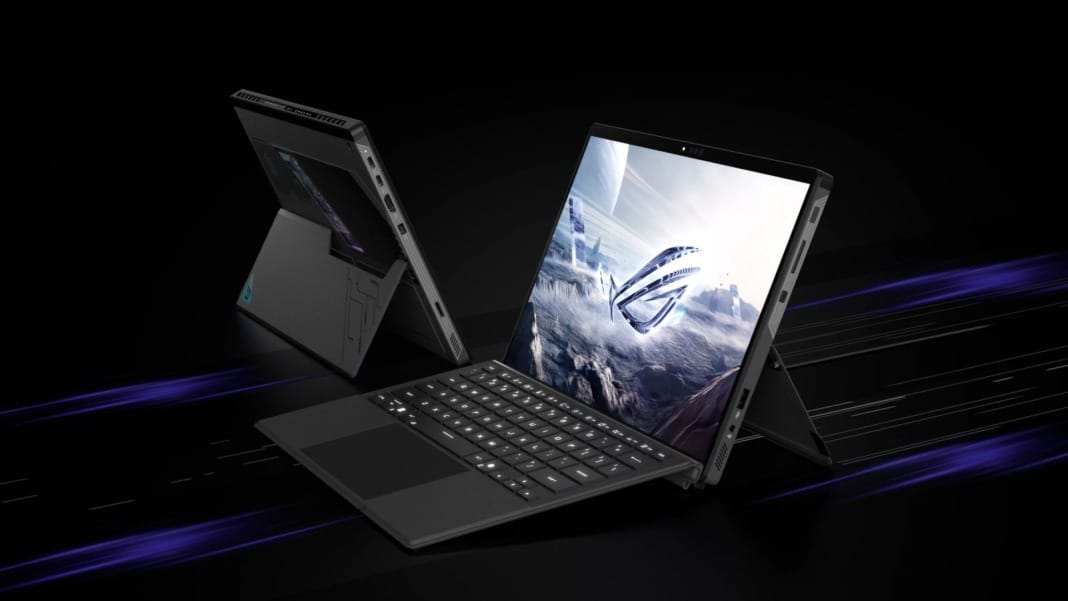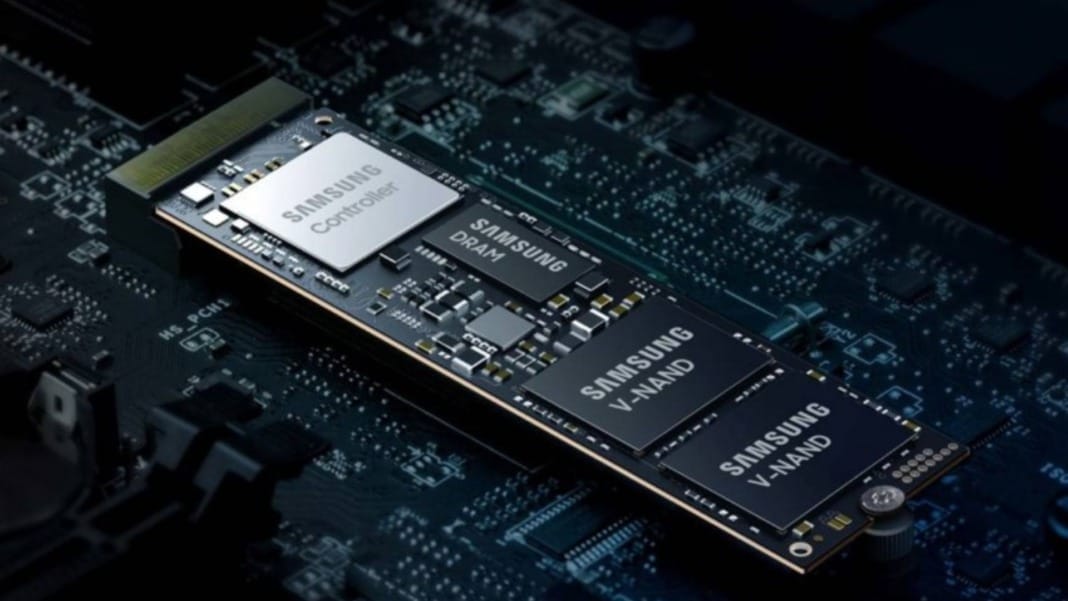Framework introduced the Laptop 16 at an event in San Francisco, California, two years ago. It promised a truly upgradeable laptop with modular graphics, a bold step towards a future where users could swap out key components instead of buying entirely new machines.
However, the Laptop 16 received little attention at Framework’s latest event. Instead, the company focused on its newest project—the Framework Desktop, a modular gaming-oriented PC. While the Framework Desktop and the original 13-inch laptop received upgrades to the latest AMD processors, there was no word on whether the Laptop 16 would see a similar update.
The only reference to the Laptop 16 at the event was the introduction of the “One Key Module,” an experimental tool that allows the Framework community to create custom electromechanical keyboards. This module is designed to be thin enough to fit within the Laptop 16’s compact Input Module bay, keeping up with the laptop’s modular theme.
Although Framework finally shipped its long-promised M.2 adapter bay in December—allowing users to insert extra SSDs or other peripherals in place of a dedicated graphics card—the big question remains: Will the Laptop 16 continue to evolve, or is it reaching the end of its journey?
Framework CEO reassures that Laptop 16 is not dead
At the event, Framework CEO Nirav Patel was asked directly about the future of the Laptop 16. While he did not reveal specific plans, he clarified one thing: “We’re nowhere near done with Framework Laptop 16.”
When pressed further about whether the Laptop 16 would eventually receive a GPU upgrade or even a snap-on secondary battery, Patel responded, “Today is not that day.”
This uncertainty leaves buyers wondering about Framework’s long-term commitment to its ambitious laptop. The company was still fulfilling preorders of the Laptop 16 throughout the middle of last year, so perhaps it is too soon to expect major announcements.
Modular graphics remain a challenge
One of the main selling points of the Laptop 16 was its promise of upgradable graphics—something that few companies have successfully achieved. History has shown that delivering on this promise is not easy. For example, Dell’s Alienware Area-51m was marketed as an upgradable laptop but failed to provide a second generation of modular GPUs, leading to legal trouble.
Framework has remained cautious in its statements about GPU upgrades. In 2023, the company stopped confirming that future graphics modules were coming despite repeated questions. Buyers are left hoping for a clearer commitment, but for now, the wait continues.
While Framework is known for listening to its customers, the silence on the Laptop 16’s future suggests that the company may be re-evaluating its approach. Even if new upgrades do arrive, Framework may be considering a redesign based on feedback from early adopters.
Those who invested in the Laptop 16 will have to wait to see if the company follows its original promise. While Patel’s comments suggest that the laptop isn’t dead, the lack of concrete details leaves its future uncertain.





